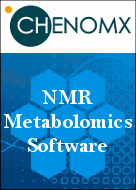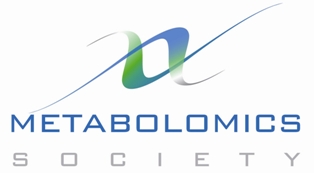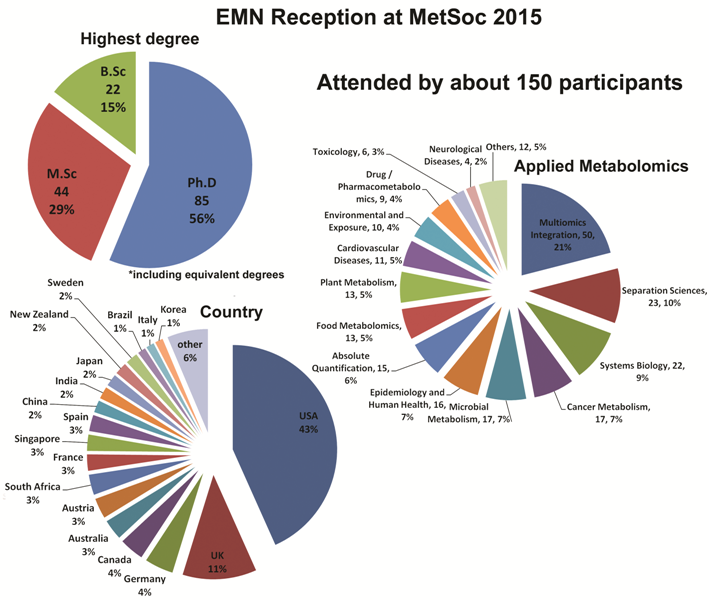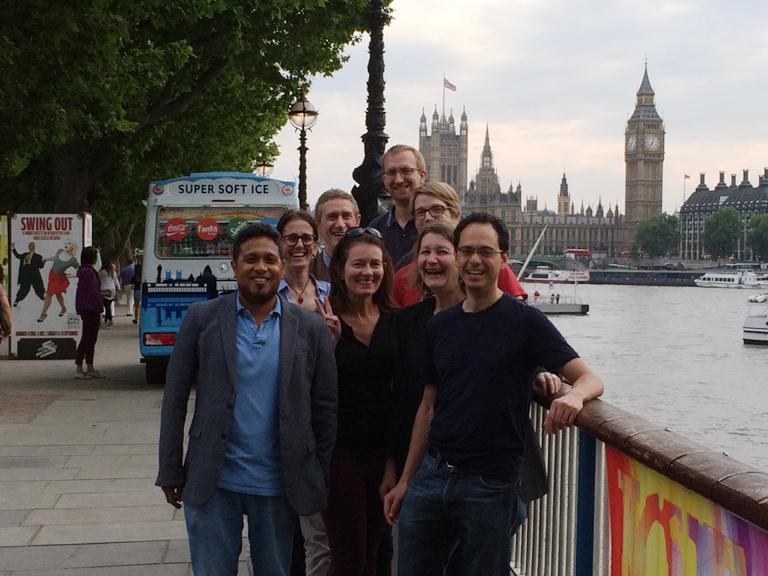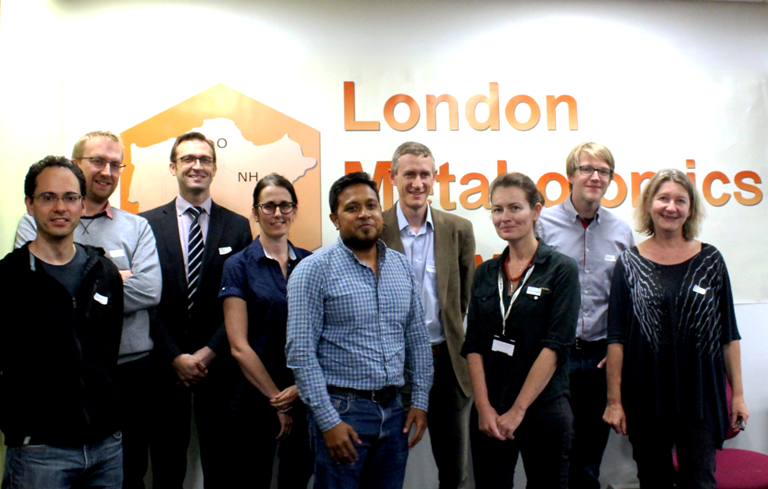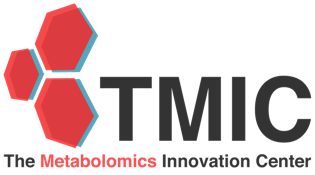
TMIC and the Metabolomics Society
Issue 48 - August 2015
CONTENTS:
- Metabolomics
Society News
- Metabolomics Spotlight
- MetaboInterview
- Metabolomics Current Contents
- Metabolomics Events
- Metabolomics Jobs
- Free Subscription
Online version of this newsletter:
http://www.metabonews.ca/Aug2015/MetaboNews_Aug2015.htm

